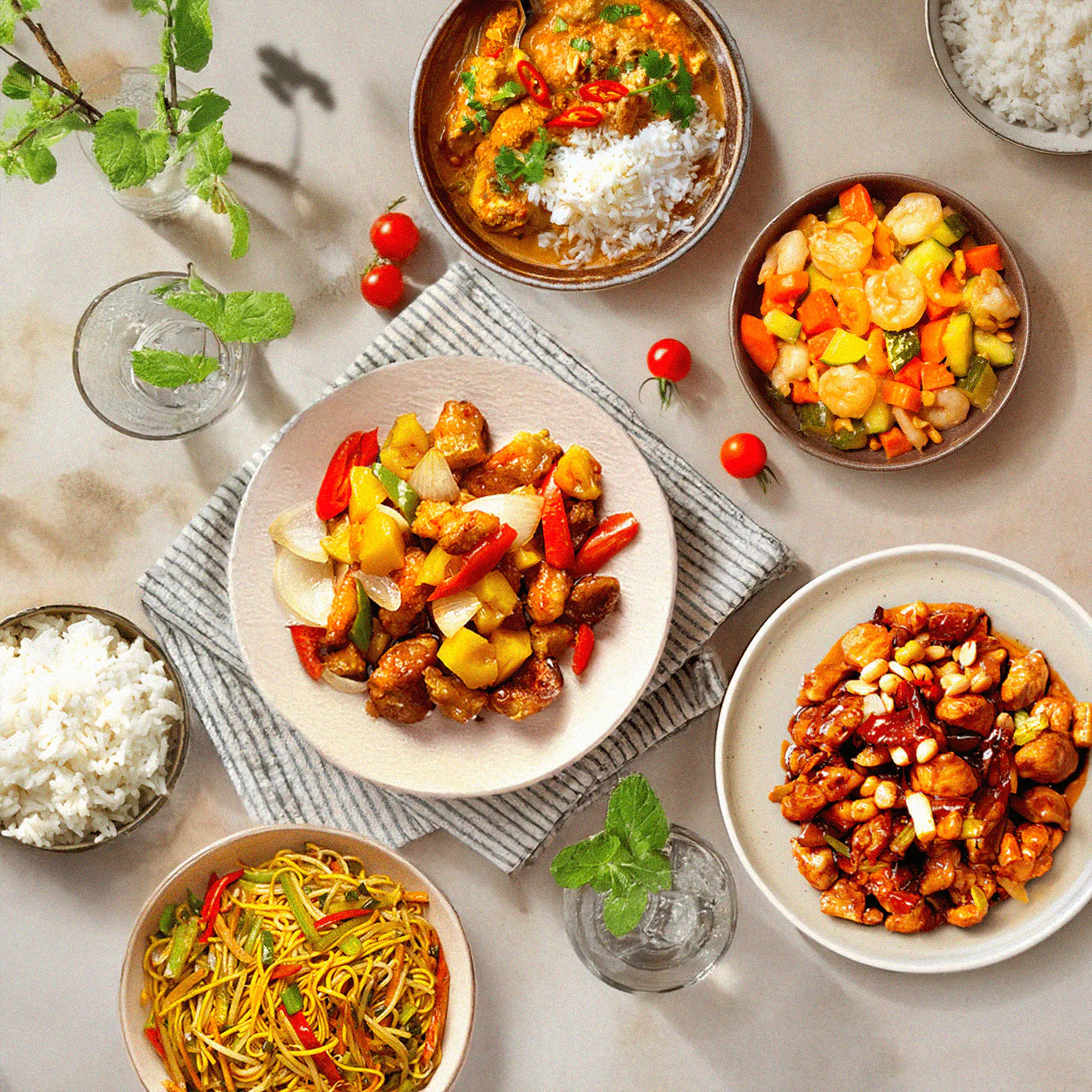
"鲜," pronounced as "Shian" /"xiān" in Chinese and "umami" in Japanese, is now recognised as a distinct flavour. This word first appeared in Chinese literature during the Western Zhou dynasty (1045 BC - 771 BC) to describe fresh and delicious food. The concept of "鮮" (Shian) was first used to represent a specific flavour during the Han dynasty (206 BC–9 AD) when describing the making of soy sauce. The Chinese character "鮮" (Shian) consists of two parts, "魚" (fish) and "羊" (mutton), because chefs believed that the Shian flavour is most noticeable when cooking fresh fish or mutton, resulting in a pleasant taste that arouses the senses and increases appetite.
Although 鮮 (Shian) is well known in Asia, there was a great deal of debate surrounding its existence and whether it should be classified as a taste when it was introduced to the Western world. However, with the advent of modern science, this perception was about to change, and it was a Japanese scientist who played a crucial role in this transformation. Japanese cuisine places significant emphasis on Shian as well. Despite being an island country with limited cooking ingredients, Japan has an abundance of seafood, which naturally possesses a high degree of Shian. Consequently, Japan has developed numerous distinctive dishes that rely on this savoury taste. Recognising the importance of Shian as a fundamental component of their cuisine, a scientist named Kikunae Ikeda set out to discover the source of this savouriness. In 1908, he successfully identified glutamate as the active ingredient responsible for Shian. Subsequently, Shian, described as savouriness, was officially recognised as one of the five basic tastes, alongside saltiness, sweetness, bitterness, and sourness.
Shian has been a key element in Chinese cuisine, but it is delicate and easily overpowered by the aromas of spices and seasonings. Chinese chefs work diligently to preserve and enhance the Shian flavour in their cooking. Glutamate is naturally present in many ingredients such as meat, fish, mushrooms, and vegetables. However, some ingredients do not contain glutamate. So how can additional savouriness be added? Chinese chefs have found solutions in aged sauces and stocks.
Throughout history, the Chinese people have developed many aged sauces that have become essential ingredients in various world cuisines, including soy sauce, oyster sauce, fish sauce, hoisin sauce and various bean pastes, which I will discuss individually in upcoming posts. These sauces all contain high levels of glutamate, which contributes to the enhanced taste. But what if you don't want your dish to have an overpowering taste yet still crave that extra depth? Chinese chefs have another trick up their sleeves: broth. Chinese chefs discovered that by slow-boiling ingredients that impart savouriness and then using the resulting broth in cooking, the flavour can be greatly enhanced and enriched. This technique is employed by every Chinese chef, who will each have their own unique method. There is a saying among Chinese chefs: the essence of a chef's ability lies in their bowl of broth.

There are different types of broth for different purposes, as the glutamate extracted into the broth carries its own unique characteristics from the ingredients used. For example, beef broth tastes distinctively different from chicken broth, and fish broth is particularly potent and suitable for specific circumstances. Proper utilisation of these broths can significantly enhance the flavour of a dish, while using the wrong broth, regardless of its glutamate content, can be disastrous. There are numerous techniques related to broths, which I will discuss in my next post.
Here is a simple method you can try at home: the next time you roast a chicken, don't discard the carcass. Instead, boil it with 2 litres of water over low heat for 90 minutes. Then, use the resulting broth as a replacement for water in your cooking, whether you're making a pasta sauce, soup, or even dough for pizza or pie. You will be delighted with the results.




